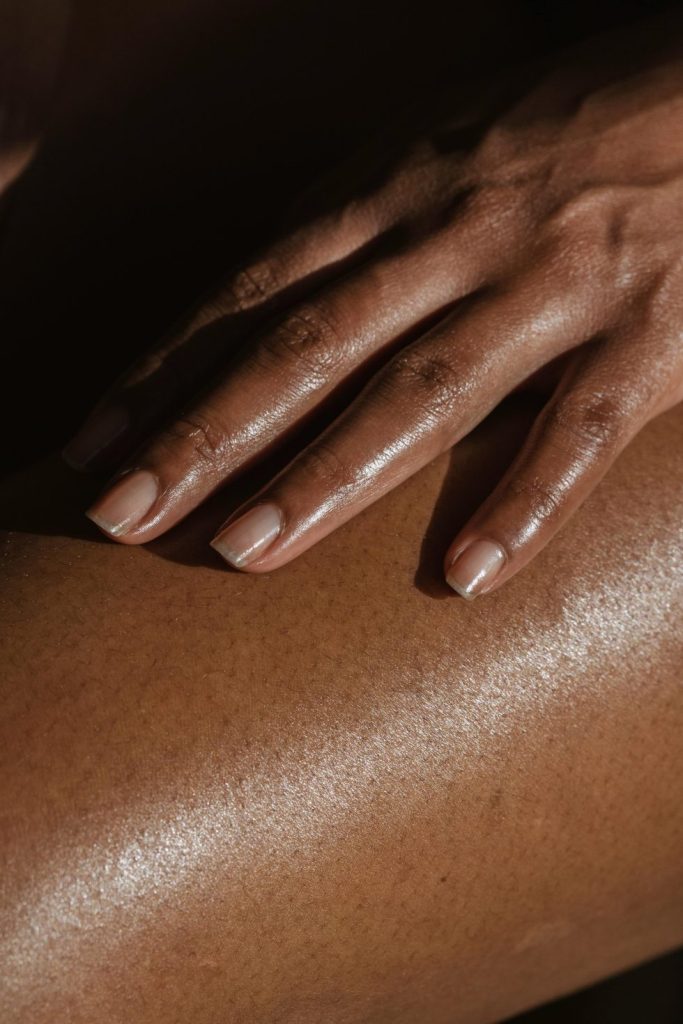Pregnancy is a beautiful and transformative experience for many women. Along with the joy of expecting a child, it also brings about numerous changes in the body, including the skin. These changes are largely due to hormonal fluctuations and increased blood flow, and while they are a normal part of pregnancy, they can sometimes be unexpected and even challenging for some women. In this blog, we will explore the various skin changes that occur during pregnancy and offer tips for managing them.

1. Melasma: Also known as the “mask of pregnancy,” melasma is characterized by dark, irregular patches on the face. This condition is caused by an increase in the production of melanin, the pigment responsible for skin color. To manage melasma, it’s important to use sunscreen with a high SPF, wear wide-brimmed hats, and avoid prolonged sun exposure.
2. Stretch Marks: As the belly expands to accommodate the growing baby, the skin stretches, leading to the formation of stretch marks. While they are a natural part of pregnancy, keeping the skin well-hydrated with moisturizers and oils can help improve their appearance.
3. Acne: Hormonal changes during pregnancy can lead to an increase in acne breakouts for some women. It’s essential to use gentle, pregnancy-safe skincare products and consult with a dermatologist to develop a suitable skincare routine.
4. Spider Veins: Increased blood volume and pressure can cause tiny blood vessels, known as spider veins, to appear on the skin. Wearing support hose, elevating the legs, and staying physically active can help alleviate this issue.
5. Glowing Skin: Not all skin changes during pregnancy are negative. Many women experience a radiant, glowing complexion due to increased blood circulation and oil gland activity. Embracing this natural glow can be a wonderful aspect of pregnancy.
6. Sensitive Skin: Some women may find that their skin becomes more sensitive during pregnancy. Using fragrance-free, hypoallergenic products and avoiding harsh chemicals can help prevent irritation.
7. Hair Growth: Hormonal changes can also affect hair growth, leading to thicker, fuller hair in some areas and increased hair shedding in others. This is a temporary change and typically resolves after childbirth.
It’s important for pregnant women to prioritize self-care and seek support from healthcare professionals https://mfcfamily.com/ when dealing with skin changes. Consulting with a dermatologist or obstetrician can provide personalized guidance and reassurance.
In conclusion, the skin changes that occur during pregnancy are a natural and common part of the journey to motherhood. By understanding these changes and implementing appropriate skincare practices, women can embrace and manage the transformations their skin undergoes during this special time. Remember, every pregnancy is unique, and it’s essential to approach these changes with patience and self-compassion.
